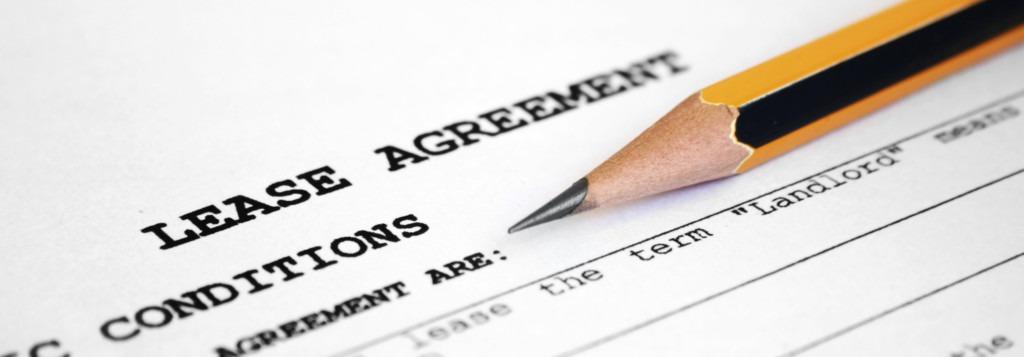Legal essentials on how to secure your business premises
Alexandra Hunter, Commercial Property LawBrief (Lawyer) for legal experts LawBite gives her advice on how to secure business premises.
For any start up business, finding a suitable property to operate from can be an integral part of its growth and overall success, but also one of the biggest financial commitments that it makes.
Once you find suitable premises, there are usually two options:
- A contract to buy them from the current owner at an agreed price
- A lease which will allow you to occupy and use those premises for a fixed period at an agreed annual rent.
Whether you are buying or leasing your premises, it will be up to you to ensure that they are fit for use and free from defects. There is no legal obligation on a Seller or a Landlord to tell you or ‘warn’ you of any legal matters that may potentially interfere with your proposed use of the premises.
For this reason, the following steps should always be part of the process of securing those premises:
1. Investigate the documentary evidence of the ownership of the premises
Take a look at the legal title to the premises prior to signing anything. This is to check that the owner has the legal right to sell or lease you the premises on the terms that you require for your business. This investigation will also confirm that there are no third party interests in the premises that could interfere with your use of them. For example, there may be a historic restriction against using the premises for a particular use.
2. Raising pre contract enquiries with the owner of the premises
There are certain legal issues that can affect premises (whether you are buying or leasing them) which will not be revealed by a review of the legal title and it is important to ask the owner the right questions to address these matters.
An example of this is planning laws. The fact that a property has previously been used for a particular type of business does not mean that planning permission is in place to legally authorise that use in which case, you may need to consider an application for change of use before committing to the premises.
3. Carrying out a local authority search
This can reveal important information about a property and issues in the control of the local authority that can affect it. For example, it can confirm whether the property can be legally accessed from the public highway. If it cannot, it is essential to make sure that the necessary private rights of way are in place to avoid a situation where you could be prevented from accessing the premises.

4. Reviewing the proposed contract or lease
These documents will always be open to negotiation and it is important to ensure that the terms are fair and reasonable and give you legal protection and flexibility.
Carrying out these steps will identify any issues that need to be dealt with before you become legally bound. This will help to protect your business from unexpected costs and unwanted surprises with your commercial property leaving you to concentrate on running your business!
Learn more about entrepreneurship with our free online courses in partnership with the Open University.
Our free Learn with Start Up Loans courses include:
Plus free courses on finance and accounting, project management, and leadership.
Disclaimer: The Start -Up Loans Company makes reasonable efforts to keep the content of this article up to date, but we do not guarantee or warrant (implied or otherwise) that it is current, accurate or complete. This article is intended for general information purposes only and does not constitute advice of any kind, including legal, financial, tax or other professional advice. You should always seek professional or specialist advice or support before doing anything on the basis of the content of this article.
The Start-Up Loans Company is not liable for any loss or damage (foreseeable or not) that may come from relying on this article, whether as a result of our negligence, breach of contract or otherwise. “Loss” includes (but is not limited to) any direct, indirect or consequential loss, loss of income, revenue, benefits, profits, opportunity, anticipated savings, or data. We do not exclude liability for any liability which cannot be excluded or limited under English law. Reference to any person, organisation, business, or event does not constitute an endorsement or recommendation from The Start-Up Loans Company, its parent company British Business Bank plc, or the UK Government.
Your previously read articles
Sign up for our newsletter
Just add your details to receive updates and news from Start Up Loans
Sign up to our newsletter


